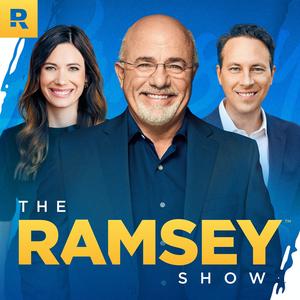
In this episode of the Huberman Lab podcast, Dr. Andrew Huberman explores the topic of colds and flus, their impact on the brain and body, and science-based techniques to prevent and treat them. The discussion aims to provide accessible information about the immune system and dispel common myths about cold and flu treatments. Listeners can learn about behavioral tools and compounds that can bolster the immune system and protect against these common illnesses.
Colds and flus are caused by over 160 different types of viruses, making it challenging to develop a cure. These viruses primarily spread through breathing, sneezing, and touching surfaces. Proper hygiene and disposal of tissues are crucial to prevent transmission. The eyes, nose, and mouth are the primary entry points for the virus, emphasizing the need to avoid touching these areas.
The flu virus has different serotypes categorized as A-type, B-type, and C-type based on the proteins they express on their surface. Flu shots can be generated against specific strains of the virus, reducing the risk of contracting the most abundant strain for a particular flu season. Studies show that taking the flu shot can also reduce the severity of symptoms if one still gets the flu. The decision to get the flu shot depends on individual circumstances and exposure to flu-prone environments.
The immune system consists of physical barriers, the innate immune system, and the adaptive immune system. Supporting the innate immune system through factors like sleep, exercise, nutrition, and stress regulation can help prevent and combat colds and flus. Regular exercise of moderate to high intensity can enhance the function of the innate immune system and improve overall immune response.
Supplements like vitamin C, zinc, vitamin D, and N-acetylcysteine (NAC) have been studied for their potential benefits in preventing and reducing the duration of colds and flus. Zinc supplementation, in particular, has shown promising results in reducing the duration of symptoms. Other natural remedies like ginger tea and garlic have been suggested to have immune-supporting properties. It’s important to strike a balance with supplementation and consult with a healthcare professional if necessary.
Colds and flus are common illnesses that can have a significant impact on our health and daily lives. Understanding the biology of these illnesses, the immune system’s role in preventing and combating them, and utilizing science-based techniques like exercise and supplementation can help reduce the risk of getting sick and minimize the duration and severity of symptoms. By prioritizing our immune system’s health and taking preventive measures, we can protect ourselves and those around us from the health and financial costs associated with colds and flus.